The holiday season is a magical time filled with twinkling lights, festive cheer, and the warmth of loved ones coming together. However, for parents with little ones in tow, the prospect of traveling during this season can bring about a unique set of challenges.
From packing the diaper bag to mastering the art of navigating crowded airports with a stroller, traveling with your baby, especially over the holidays, can be a stressful time. And that stress can be compounded if your baby isn’t getting great sleep!
As any parent knows, a well-rested baby makes for a happier journey, and maintaining those precious hours of slumber amid the hustle and bustle of holiday festivities can be a lifesaver. So, we consulted with Sara Cuthbert, pediatric sleep expert and founder of Rested Kids, to share her recommendations to make travel and sleep with the little ones as easy as possible this holiday season.
Whether you are trying to get your baby to sleep during travel or putting your baby to sleep at someone else’s house, here are Sara’s tips to ensure the best possible experience.
Note: The recommendations shared in this post are just a few of many ways in which parents establish successful sleeping routines for their families As long as safety tips are followed and you are happy with your situation, we respect and celebrate your success. But, if you struggle with a need for better sleep quality for you or your child, these tips could be a valuable resource. As always, feel free to reach out to your doctors at Partners in Pediatrics for any additional help you may need.
Plan Ahead
Planning ahead and setting realistic expectations about your journey should be your first step when tackling holiday travel with your little ones. It’s likely that sleep won’t be perfect – and that’s okay! Remember that if you have a child who still naps, trying to get some kind of sleep with the same general spacing (wake windows) will be helpful. Even if they aren’t long naps – at least it’s an opportunity to take the edge off and to reset for the next wake period.
Plan for Rest
Rested kids sleep better, and the goal is to keep them from getting overtired. When little ones are overtired, they tend to have more hyper “second wind” energy and it’s hard for them to settle into deeper sleep.
A key mistake families make while traveling is overscheduling their activities. We naturally want to pack in a lot of fun and adventure, but our kids don’t often thrive with this much stimulation. Strive for some balance in your days away. Try to create spaces for your little one to get the rest he/she needs and to have some periods of downtime.
You will occasionally need to rely on a nap in the car or stroller and a later bedtime. Your child should be able to handle these inconsistencies to a point.
Old Habits Die Hard
If sleep and nap patterns are disrupted for several days in a row, it’s likely that your child will become overtired and have trouble settling on his/her own. When our kids are overtired, they tend to revert to some of the habits and responses before sleep training.
If it happens that your child struggles again with sleep – seeming to have “forgotten” their sleep skills – don’t worry. Try to remember that these are all symptoms of being overtired and of the inconsistencies they are experiencing. All is not lost. It would be easy to revert back to your old way of doing things when there is this kind of pressure – but please do your best to stick with what you know and continue to implement strategies for independent sleep.
Consistency is Key
It’s normal for our babies and young children to test the boundaries around sleep when they are in a different environment. Rules are often different at Grandma’s or because of the circumstances in the new space.
If you do end up with a little sleep regression (crying at bedtime, bedtime pushback, unusual night wakings, early mornings) – remember your skills from home. Respond every 10-15 minutes to offer a little bit of careful intervention, but let your child do the work of getting drowsy and to sleep on his/her own. The more consistent you are in your response and the more space you give your child to get to sleep without your assistance, the faster you will see improvement.
Comforts from Home
Make sure you bring the items from home that your baby or child associates with sleep. These might include: the white noise machine, a sleep sack, a lovie/blankie, baby monitor, and a few of your favorite books. It’s a lot to pack, but when you travel with familiar elements from the home environment, it helps your family stay on track. Kids do well with consistency and familiarity.
Avoid the “Big Bed”
For parents who typically practice independent sleep for their little ones, when sleep is alluding everyone, many resort to bedsharing as a quick fix while on the road. Even if it’s just for a few nights, this can be very confusing to your baby or child who has learned to sleep independently. Many hotels have cribs and you can also consider bringing a pack-n-play to use as the crib. Regardless of the new sleep environment – please remember to always follow the safe sleep guidelines.
Whenever possible, try to create some sleep space separation on the road. If your child is struggling with the new environment and their crib is right next to your bed or in an area where there is noise or disruption, it could cause issues. Does your hotel room have a large closet or large bathroom where the pack-n-play can be set up? Be sure to leave the door cracked and make sure there is plenty of air circulation. If they have to be in the bedroom with you, try to safely create a partition that gives some space.
Create the Ideal Space
Setting up a good sleep space can be tricky when staying in hotels or with relatives during the holidays. One key component to a encourage deep sleep is a dark room. Room darkness matters (especially for naps and early mornings). To ensure you can get a blackout effect, bring along some dark trash bags and painter’s tape to blackout a window without damaging the surface. The darker you can make it during the day, the better naps will be.
Handling Time Changes & Jet Lag
Jet lag is tough on our bodies – it can be tough for our little ones too. When traveling by car, try to plan for naps to be in the regular intervals that you would do at home. If you’re traveling by plane, just know that you will likely resort to an “anything to arrive safely and in one piece” kind of a mentality. You will likely hold your baby for sleep, he/she will probably fall asleep while eating (even though you’ve worked so hard to shift this habit) and that’s okay.
Just remember this is a finite experience and you can get back on track once you land and settle back into more of a routine. We all manage these changes better when we are well rested. The fact that your child already knows how to get great sleep will be helpful.
Adjusting Time Zones
Be sure to stay on track and be rested before the trip so that there is a little leeway on your travel day. A good recommendation is to align with the new time zone as soon as you can.
For children and babies who are still napping, stick to their wake windows as much as possible.
For example: you are traveling from Denver to New York – a 2 hour difference. We know that a baby with a 3.5 hour wake window on two naps will likely have done those naps throughout the travel day in some form. Stick to a realistic bedtime (between 6-8 PM in the new timezone) that is 3-3.5 hours from their last nap. If they were up from the last nap at 4 PM ET, bedtime would be 7:30 PM ET.
We know that this is 5:30 PM MT in your child’s brain – so you might see it take some time to fall asleep and/or an early morning waking in NY. Plan for that and then try to get back onto the normal wake window schedule the first full day at your new destination. The more often you can do a good morning nap in the hotel or where you are staying – the better. On the go naps later in the day tend to work well and cause less disruption.
International Travel
International travel that has more than a 3 hour time difference is handled differently. Be prepared for it to take some time to adjust.
From the US, try to book a nighttime flight and get sleep during that flight if possible. Do your best to get onto your child’s wake windows when you get there. For the first 2-3 days, try to split the difference – knowing you will be going to bed later and waking earlier in your current timezone.
If everyone is tired and you need a little nap to reset, try to keep it to no longer than 45 minutes (one sleep cycle). Also, don’t nap too close to bedtime. We want to build up your child’s sleep pressure so that he/she has a better chance of linking sleep cycles throughout the night versus treating it like a series of naps.
Let Mother Nature Help
A simple tip to help reset your family’s internal clock while traveling internationally is to leverage natural light and nature to your advantage. The biological clock (circadian rhythm) is highly governed by light. It’s important to get some natural sunlight in the morning and the evening. Remember to use total darkness at night when you want to set the stage for sleep.
Steer clear of devices that emit blue light in the last hour before bed to help with melatonin production. Bedtime routines that you use at home are helpful on the road as they cue the body that we are on the journey into sleep.
Conclusion
In concluding our examination of holiday travel with an infant, we trust that the evidence-based insights and shared experiences in this blog have proven instrumental for parents grappling with the intricacies of festive journeys.
The holidays can be hectic and adding travel to the mix can be stressful, but despite the planning and juggling, the memories from this time of year with family are truly invaluable. As year comes to a close, take a moment to reflect, acknowledge your resilience in overcoming challenges, and appreciate the enduring value of these experiences.
At Partners in Pediatrics, we are holistic pediatricians and pediatric health care providers committed to educating the mile high city with functional wellness and health care topics. We are dedicated to providing your family with exceptional pediatric care using a holistic approach – combining conventional medicine, holistic and homeopathic treatments, and alternative remedies.
Please get in touch with our team of integrative pediatricians with any questions about sleep training. If you’re in need of more comprehensive advice, please contact our team serving the Denver metro area, Littleton, City Park, Cherry Creek, downtown Denver, and the surrounding areas of Colorado.
Special thanks to Sara Cuthbert of Rested Kids — Denver’s pediatric sleep expert, working with children from birth through adolescence since 2018.
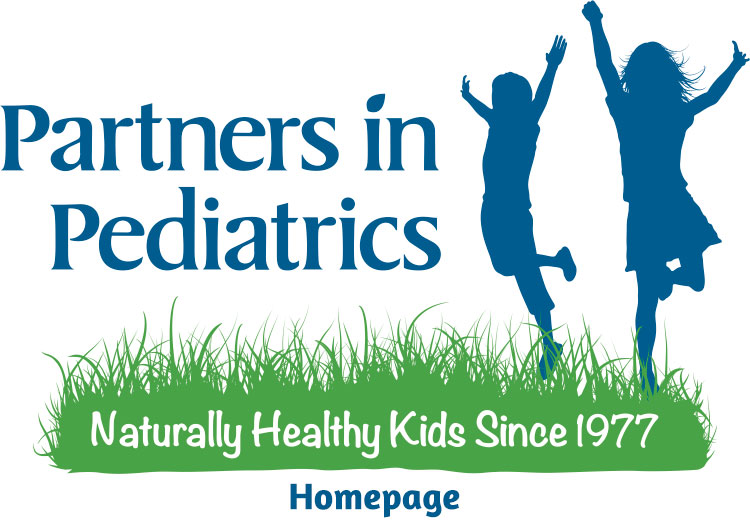


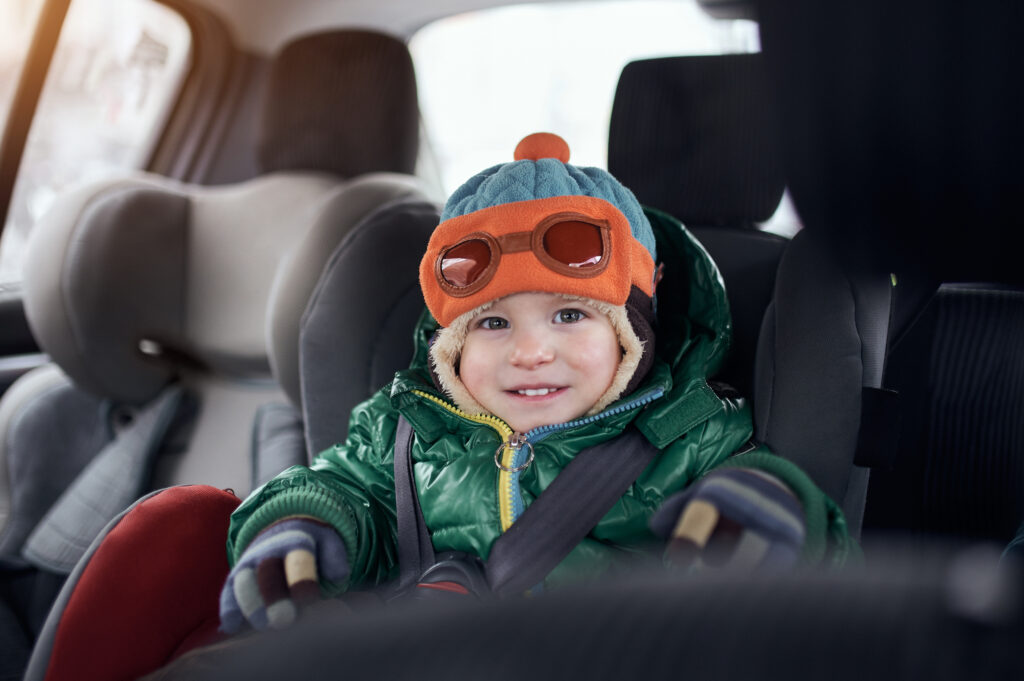
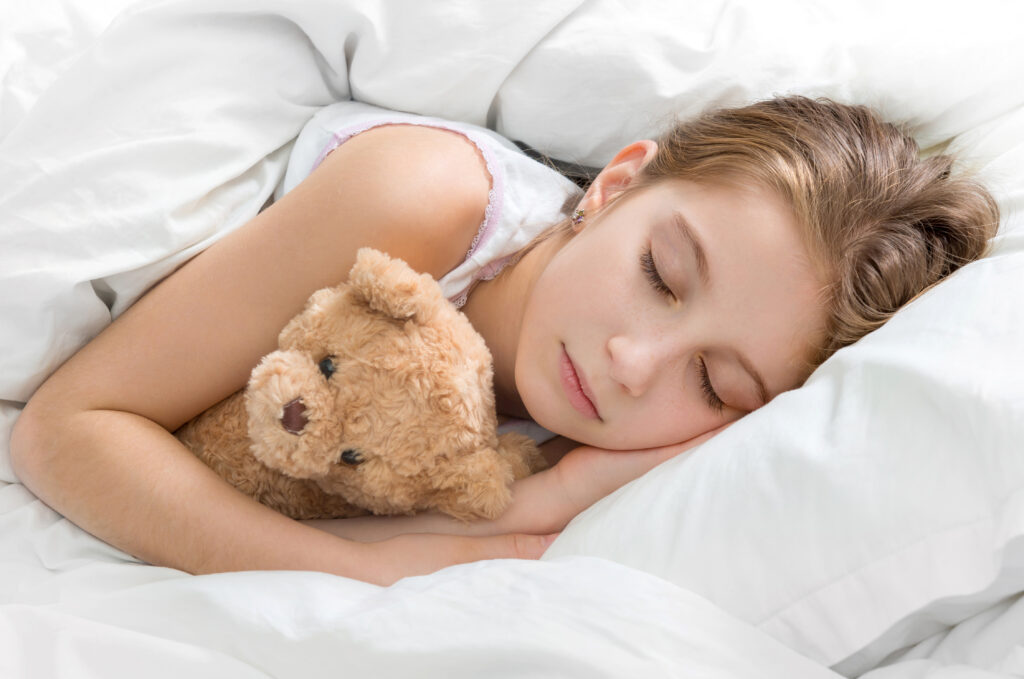
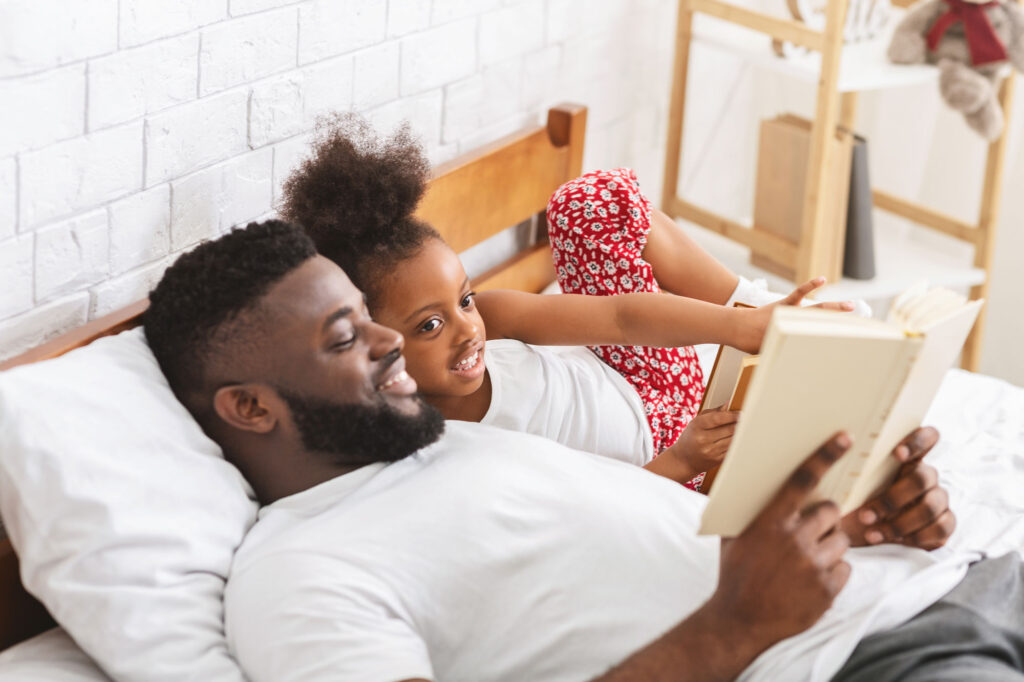
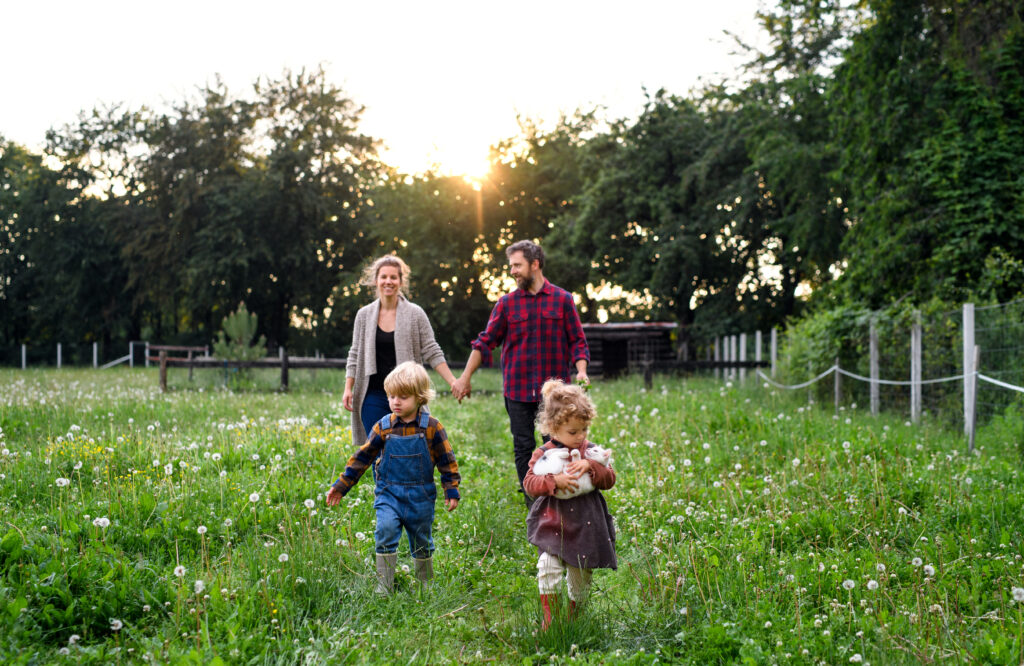
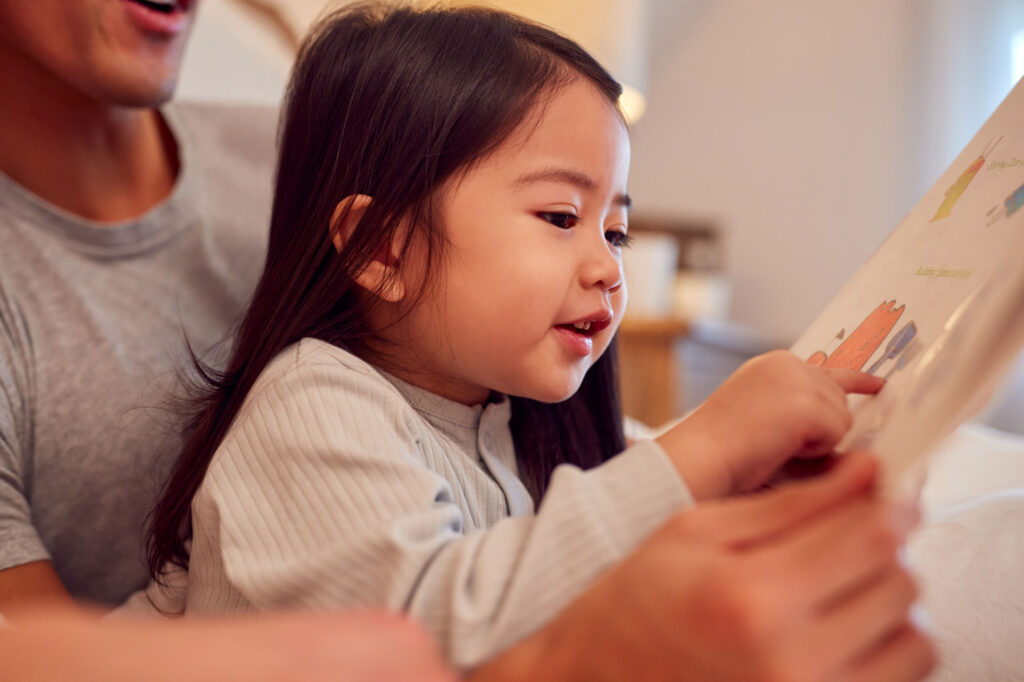
Leave a Reply